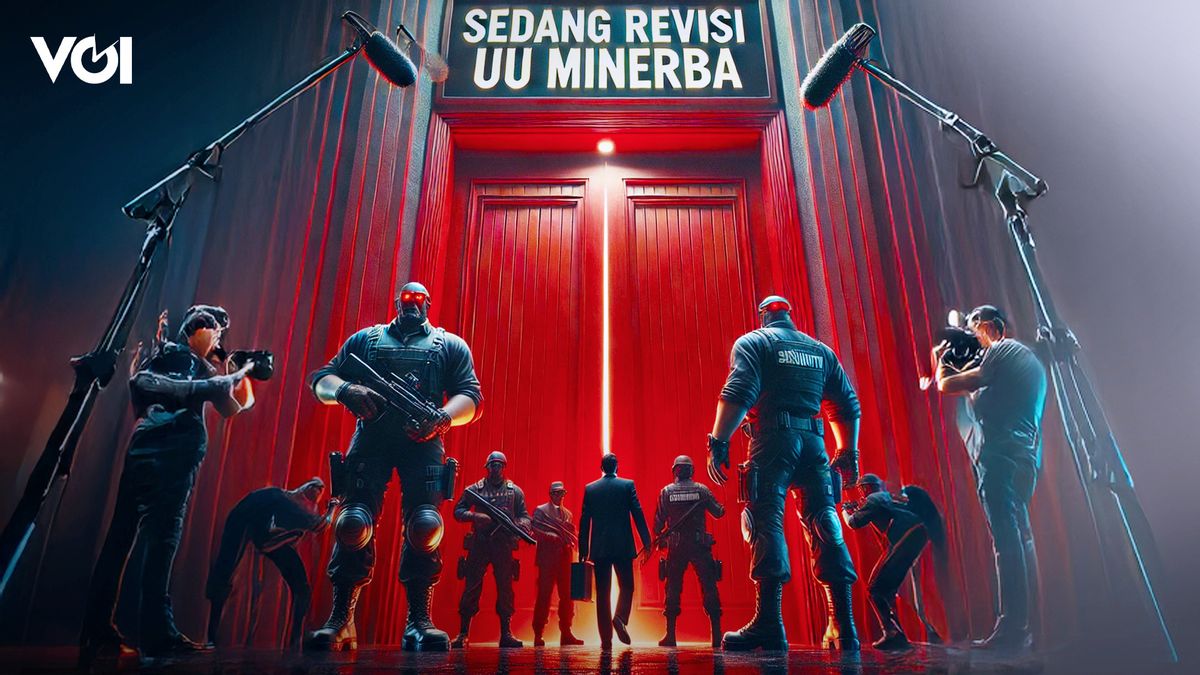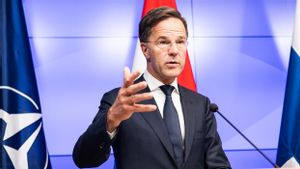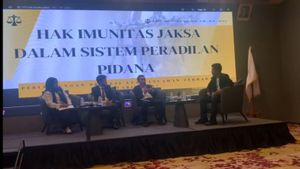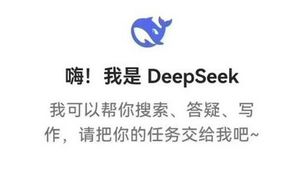JAKARTA - The public questioned irregularities in the discussion on the revision of Law Number 4 of 2009 concerning Mineral and Coal Mining (UU Minerba). The discussion that took place suddenly until it was enacted into a bill sparked a lot of criticism. One of the highlights is the lack of public participation and the absence of academic papers at the initial stage of discussion. Community participation was only held after reaping protests from various parties.
The revision of the Minerba Law includes the addition of a clause on the granting of mining permits for campuses, cooperatives, and MSMEs. The public questioned the urgency of this policy, especially the reasons why the campus was granted mining permits. In addition, many parties see certain interests behind this process.
One of the reasons for this revision is thought to have come from the decision of the Constitutional Court (MK) Number 37/PUU-XIX/2021, which was proposed by the Indonesian Environmental Wahana Foundation (WALHI) and the Mining Advocacy Network (JATAM). However, this reason is considered as an unfounded pretext to accelerate revision.
The revision process is also considered problematic. The academic manuscript was only prepared after plenary ratification, which should be the main basis in the formulation of the law. In addition, the legislative process is considered minimal transparency and public participation, thus causing pressure for this revision to be canceled.
ICW is one of the parties urging the DPR to stop this revision. According to them, the revision of the Minerba Law was drafted in a hurry and unconstitutional manner because it violated the principle of meaningful participation as stipulated in the Constitutional Court Decision Number 91/PUU-XVIII/2020.
ICW also highlighted the nuances of political polarase in granting mining permits through priority schemes. This scheme is considered to open up opportunities for corruption, including bribery to regional officials or authorized ministries. In his notes, ICW mentions that business entities such as religious organizations, campuses, and private companies can use this scheme to trade influence in order to obtain mining permits.
The granting of mining permits to religious organizations is considered a form of appreciation for their role during the previous administration. However, this step sparked criticism, especially regarding its impact on the principles of justice and the environment.
Criticism Of Campuses And MSMEs In The Mining Sector
Red Johansyah from the Nugal Institute assessed that granting mining permits to campuses is a "sogook" to tame criticism from the academic world. He also questioned the scientific and academic basis that supports this policy, considering that campuses are not business entities and are not business-oriented. According to him, campuses should only be involved in the context of Tri Dharma Universities: education, research, and community service.
In addition, the involvement of MSMEs in the mining sector is actually considered detrimental. The existence of mining has the potential to kill other small business sectors, such as ecotourism, and damage the environment. Red assessed that this revision contradicts Indonesia's global commitment to environmental protection and efforts to deal with climate change.
Public Rejection
According to a study from the Center for Energy and Mining Law Studies (PUSHEP), the revision of the Minerba Law did not meet the formal requirements. The Director of PUSHEP, Bisman Bhaktiar, emphasized that this revision was not through clear planning and was not even included in the National Legislation Program (Prolegnas). He also mentioned granting mining permits to campuses and MSMEs as "political gimmicks" to distribute mining permits to certain parties.
In addition, the decision of the Constitutional Court in December 2024 stated that there was no constitutionality problem related to the arrangement of Ormas in obtaining a mine site. Thus, the reason for the revision is increasingly questionable.
Bisman added that granting mining location permits to campuses and MSMEs is not in line with applicable regulations. Campuses are not business entities and must not be business-oriented, so they can only be involved in research and community service. He considered that the main goal of this revision was to pave the way for the distribution of mining permits to certain parties who have a political close relationship with the government.
The English, Chinese, Japanese, Arabic, and French versions are automatically generated by the AI. So there may still be inaccuracies in translating, please always see Indonesian as our main language. (system supported by DigitalSiber.id)













